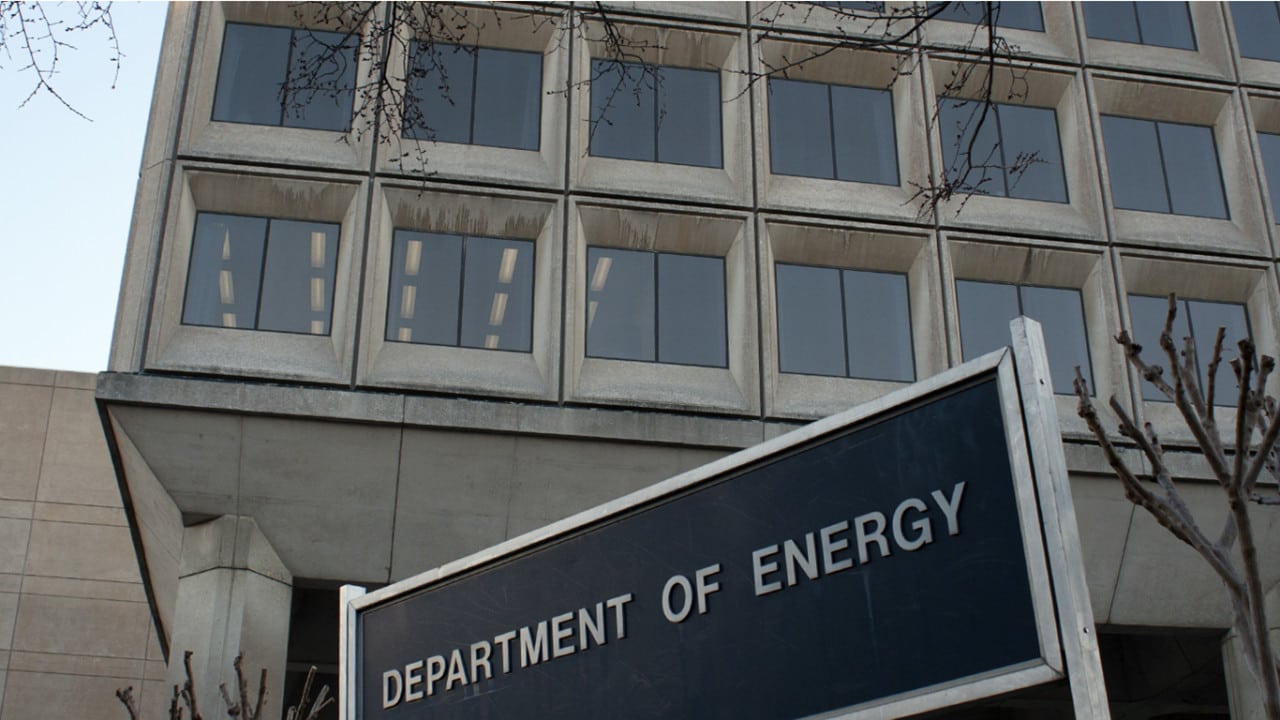
The Department of Energy has invested millions in Summit Power Group’s Texas Clean Energy Project, but the initiative’s chances seem to be fading, and DOE should be cautious about further dealings with the project, according to the DOE Inspector General’s Office. “Due to Summit’s inability to obtain the required commercial debt and equity project financing and the adverse effect of changing energy markets on the demand for coal-based power plants, we are concerned about the viability of the Project and the Department’s continued involvement,” says the report, which was made public Friday.
Summit is developing TCEP, a 400-megawatt coal integrated gasification combined cycle facility, outside of Odessa, Texas, that will incorporate carbon capture and storage. The project was initially billed at $1.9 billion but is now expected to cost $3.9 billion. The original projected completion date of June 2014 has been pushed back to after June 2018.
TCEP is designed to capture 90 percent of its carbon dioxide emissions, which will be used for enhanced oil recovery in the West Texas Permian Basin and production of urea fertilizer and other marketable chemicals. The facility would be among the first in the world to use a poly-generation business model, with production and sale of electricity being just one of multiple revenue streams for Summit.
The department awarded Summit a total of $450 million for the project. As of February 2016, DOE had reimbursed Summit approximately $116 million in project costs, or approximately one-third of its total commitment. The remainder of the funding was suspended at that time, according to the report.
DOE has, however, extended Summit’s deadline to reach financial close on the project to May 13, and should that happen the project could receive further support from the agency. “Management stated that it would continue to monitor the Project’s progress and consider future funding decisions based on new developments,” the report says.
The IG report questions the leniency with which DOE has handled TCEP. “The Department incorporated milestones into the cooperative agreement that had to be completed by specific dates for the Project to receive additional funding. Despite Summit’s inability to meet established milestones, the Department continued to support and provide funds for the Project,” the report says.
Furthermore, the agency may be unable to support the project due to a section of the Energy Policy Act of 2005 (EPAct) that requires DOE to establish “reasonable periods of performance for the construction and demonstration phases of projects under the Initiative, which could not be subsequently extended more than 4 years,” the report says. Under this provision, it seems DOE could only extend its cooperative agreement to include a June 2018 completion date. “It is unlikely that the Project can complete construction by this date,” the report concludes.
The IG recommended that the department’s assistant secretary for fossil energy ensure that funding to the project remains suspended until construction financing has been secured and obtain from the department General Counsel’s Office a formal, written opinion regarding the effects of the EPAct extension limitation on the project.
If a decision is made to move forward with the project, the IG recommended that the assistant secretary mitigate the department’s financial exposure by setting and enforcing limits on reimbursements until certain milestones are reached and reconsider the department’s position on initiating construction before final detailed engineering efforts have been completed.
In response to the report, the department again noted that funding for the project has been suspended. It is also stated that while the department set milestone in the cooperative agreement “it did so knowing that it is common for first-of-a-kind to confront delays and other risks in their development and that some measure of flexibility would be required.”